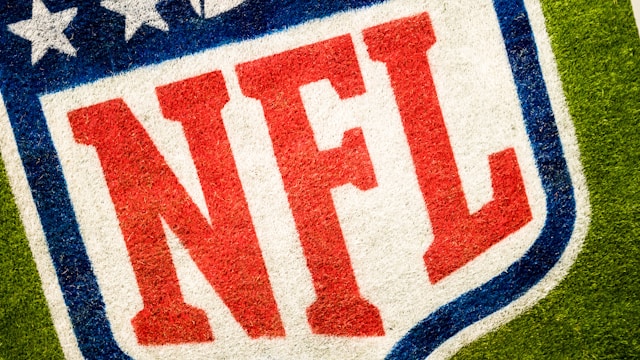The NFL has always stood out for its steadfast adherence to stringent ownership rules. However, recent developments suggest winds of change are blowing through the league’s boardrooms, potentially opening the door to a new era of diversity and opportunity.
It all began with a pivotal moment in July when NFL team owners unanimously greenlit the sale of the Washington Commanders from Daniel Snyder to a consortium led by Josh Harris, marking a transaction valued at a staggering $6.05 billion. This landmark deal served as a catalyst, prompting the formation of a dedicated committee of five NFL owners — Arthur Blank of the Atlanta Falcons, Robert Kraft of the New England Patriots, Jimmy Haslam of the Cleveland Browns, Greg Penner of the Denver Broncos, and Clark Hunt of the Kansas City Chiefs and chairman of the finance committee — tasked with a comprehensive review of the league’s ownership policies.
At the heart of this endeavor lies a recognition that the NFL’s current ownership framework may have inadvertently limited the pool of potential bidders in recent franchise sales. From debt thresholds to equity requirements, the committee is leaving no stone unturned as it explores avenues to foster a more inclusive environment for prospective owners.
Unlike other major sports leagues, the NFL’s ownership rules have often been characterized as the most restrictive. For instance, the lead investor of any ownership group must hold a minimum 30 percent equity stake, while the total number of individuals in an ownership group cannot exceed 25. Moreover, strict limitations on borrowing and prohibitions on ownership by private equity firms or public corporations have further constrained ownership possibilities.
League officials, buoyed by suggestions made in December, are urging team owners to reconsider the status quo and contemplate potential adjustments to the ownership playbook. Among the proposals on the table are the possibility of allowing private equity firms to acquire limited stakes in teams, revising the 30 percent equity requirement for lead owners, and loosening the debt limits for prospective purchasers.
Central to this dialogue is the acknowledgment of a glaring disparity: the lack of minority representation among NFL franchise owners. With no Black principal owners in the league, concerns have been raised about the accessibility of ownership opportunities for underrepresented groups. Addressing this imbalance isn’t just a matter of social equity; it’s a strategic imperative for the league’s long-term growth and relevance in an increasingly diverse society. After all, a league that reflects the rich tapestry of its fanbase is better equipped to resonate with audiences and navigate the complex challenges of the modern sports landscape.
As the NFL charts its course forward, it faces a balancing act between tradition and evolution, between preserving the integrity of its brand as the sports industry continues to evolve. The outcome of this deliberation will reverberate far beyond the boardrooms of team owners, shaping the very fabric of the league and its relationship with fans, players, and stakeholders alike.
In the end, it’s not just about who owns the teams; it’s about what those teams represent — a shared vision of excellence, inclusivity, and community. As the NFL sets its sights on the horizon, it does so with the understanding that the true measure of its success lies not in the size of its stadiums or the magnitude of its TV deals but in the hearts and minds of those who call themselves fans.
Expert valuation firms, like Appraisal Economics, are equipped to handle both sports franchise and private equity valuations. Although most sports franchises are privately held (versus publicly traded) concerns, they can be valued using generally accepted valuation methods. The valuation process entails an analysis of the relationship between the price paid for a franchise and a relevant measure of team performance, typically revenue.

